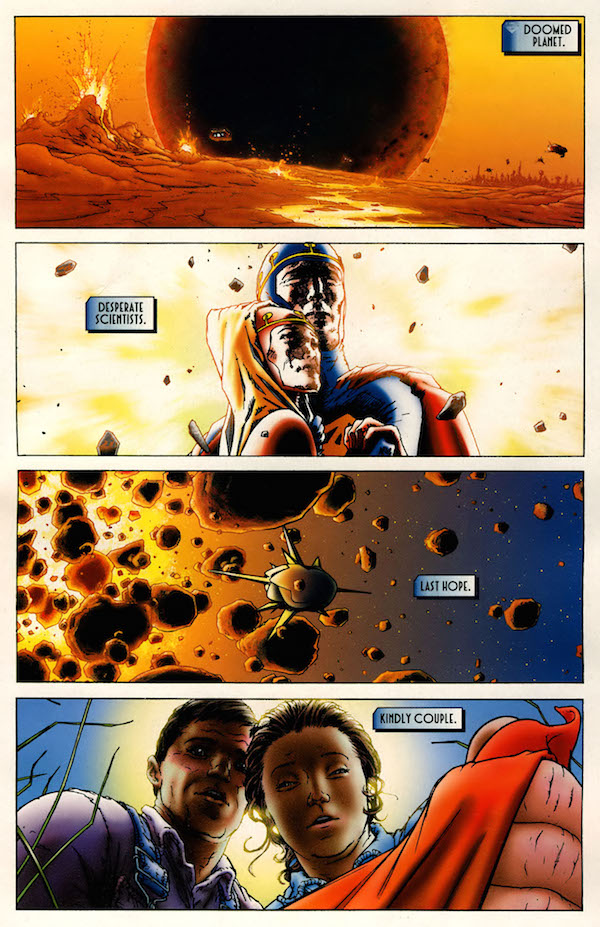Author Victor LaValle has written many types of books over the years, from Slap-Boxing with Jesus, a short story collection that took readers to New York in the 70s, to The Ecstatic, a novel about a young schizophrenic man and the family who tries to save him, to most recently, The Ballad of Black Tom, a novella that turns an H.P. Lovecraft story inside out to explore the legacy of racism in America. In an enlightening post for The Center for Fiction, he talks about how he and his friend, Pym author Mat Johnson, left the Columbia MFA program feeling pretty solid as writers. They both published books fairly quickly, and began to feel like real, professional authors (something that’s notoriously hard for even the best writers to do.)
But then Johnson got a job writing a comic book and, as he realized that somehow his well-honed workshop skills weren’t working, he turned to LaValle to talk about what could be going wrong.
“…we both realized that a scripted version of all our published fiction—novels and short stories—might look exactly like that. Scene after scene of people sitting around yapping. Hard to create much drama from people doing the exact same thing on every page.”
What was missing? Story structure. “[We’d] never examined the reasons why we’d told this story in this order.”
As useful as their workshops were, LaValle and Johnson began to realize that there were some holes in their education that comic books might be able to educate them about. (For example, dissect the above opening page to Grant Morrison’s All-Star Superman. The writer tells Superman’s origin story in only four panels. But why tell the story that way in the first place?)
LaValle has since turned this impromptu conversation with his writer buddy into a great piece, “One Thing I Never Learned in Workshop” about the nuts and bolts of writing! Check out the whole post over at The Center for Fiction’s website.











I haven’t read the linked post yet, but that way of telling Superman’s origin is only completely effective if you know the full story beforehand.
@MaGnUs A fair assumption with Superman’s origin story.
I think the purpose of telling it was because it could be told in four panels. It includes it to make it clear that this is a story about Superman. Not just a story where he’s the main character, but one that explores who he is. So it includes his origin to set it firmly in that mythos. But then it does it in such a perfunctory fashion to remind you that, yes, you /do/ know his origin. Just about everyone in the English-speaking world knows who Superman is (and a lot of people from outside it too). Essentially anyone who would read the comic will know that origin story. So it’s pointing at the origin and saying “Yes, you know this. You know Superman. That’s how important he is.”
Agreed, in fact, it’s not “a lot of people outside” the English speaking world who know him; it’s all of Western society, and even a good majority of those outside it know Superman. But my point is that, since this can only apply to Superman (and maybe Batman, or, to a lesser degree, Spider-Man and a couple of other Marvel characters), it’s not a good example of creative storytelling, since it relies heavily on pre-knowledge of the character.